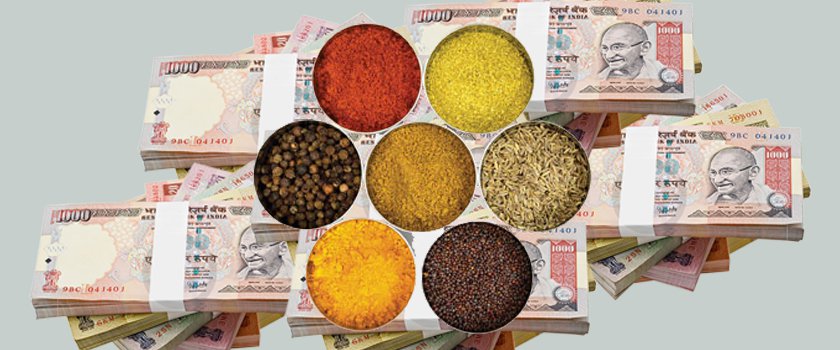In a meeting chaired by Prime Minister Narendra Modi on Friday, Finance Minister Arun Jaitley said that the government has decided to cut non-essential imports and increase exports amid a widening current account deficit (CAD), sliding rupee and soaring crude oil prices. Addressing the media after attending a meeting to review economic situation in the country amid rupee depreciation and higher fuel prices, the minister announced that the government has also also decided to remove restrictions on external commercial borrowings, masala bonds to control the current account deficit, which slipped for the first time in six quarters in April-June.
What is Masala Bond?
Masala bonds are rupee-denominated instruments through which Indian entities can raise funds by accessing overseas capital markets. In other words, they are rupee-denominated bonds issued to overseas buyers. Usually, while borrowing in overseas markets, the currency is a globally accepted one like dollar, euro or yen. Masala Bonds have become the hot instrument for Indian companies.
How can Masala Bond stem the falling rupee?
The bonds are directly pegged to the Indian currency. So, investors will directly take the currency risk or exchange rate risks. If the value of Indian currency falls, the foreign investor will have to bear the losses, not the issuer which is an Indian entity or a corporate. If foreign investors eagerly invest in Masala Bonds or bring money into India, this would help in supporting the rupee.
The issuer of these bonds is shielded against the risk of currency fluctuation, typically associated with borrowing in foreign currency. Besides helping in diversifying funding sources, the costs of borrowing via masala bonds could also turn out to be lower than domestic markets.
The Indian firms have since long availed loans in international credit markets in different foreign currencies. However, a risk is always attached with such borrowings including risk of having to pay more while repaying its debt, or while servicing the interest on such borrowings if the rupee weakened.
Masala bonds should have a minimum maturity of five years, and there is a $750 million per year limit for borrowers which can be exceeded with the Reserve Bank of India (RBI) approval.

















